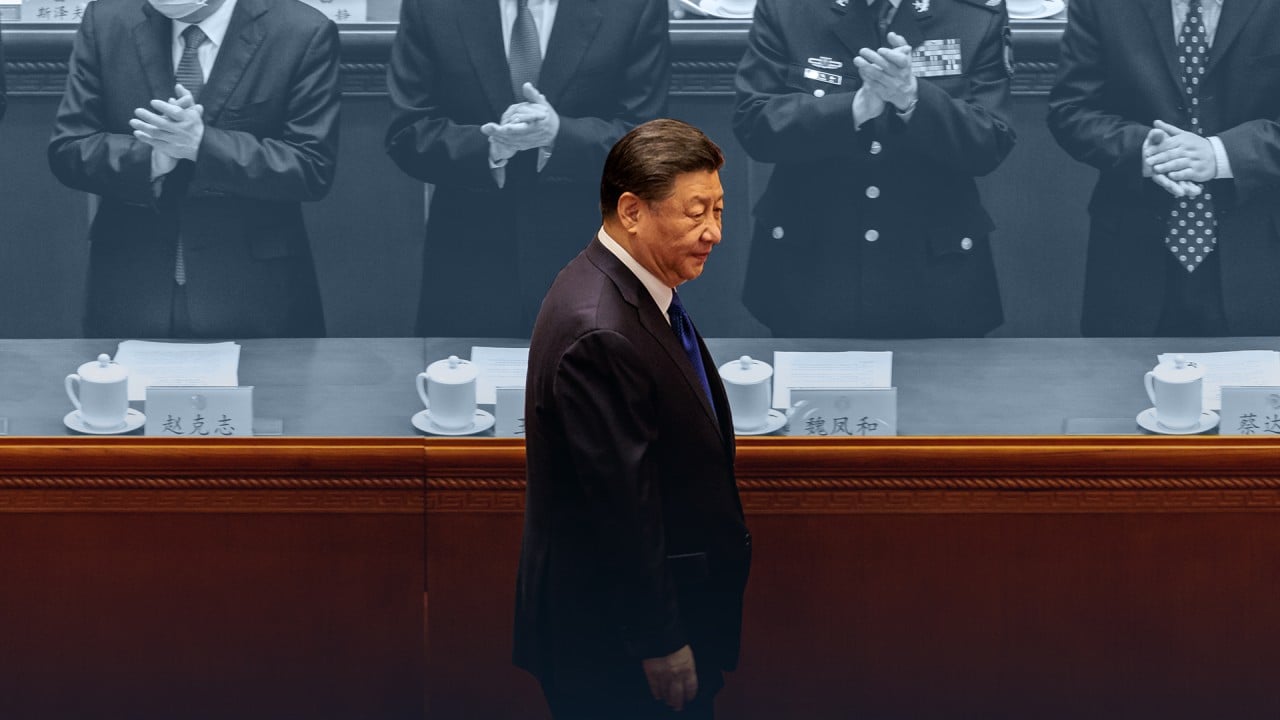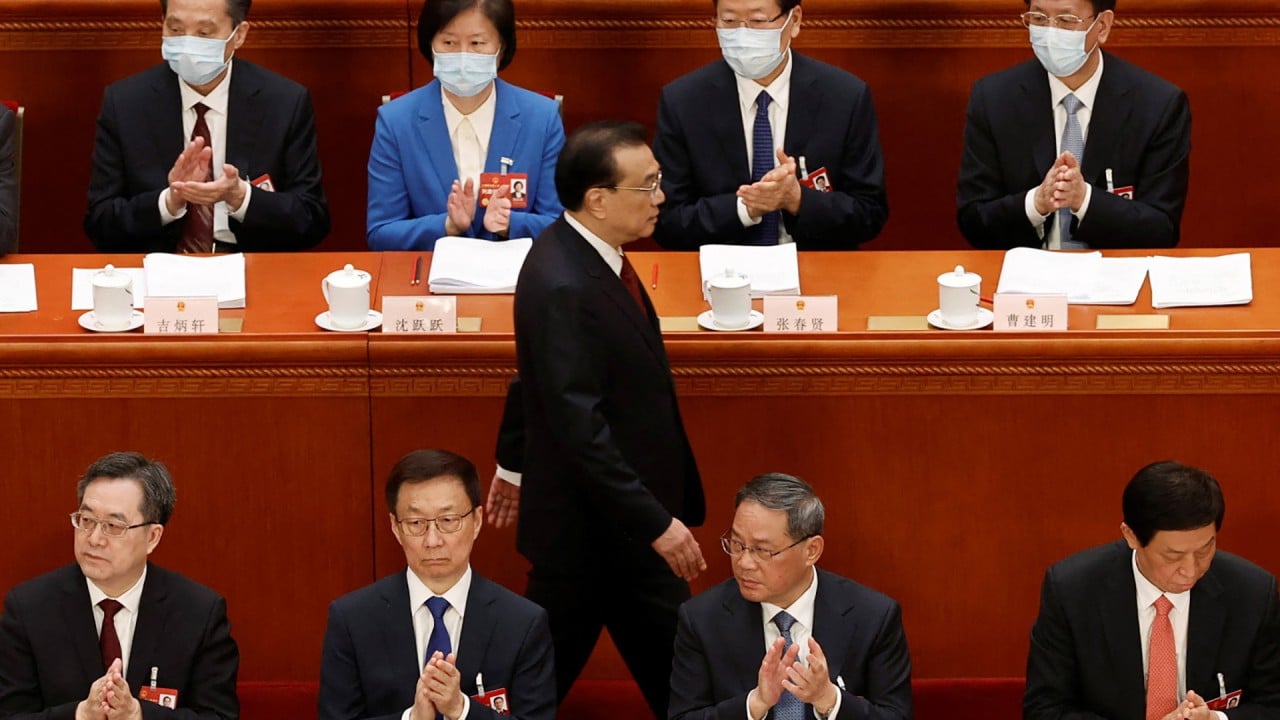
China reveals plan for data enforcement super agency
- Proposed National Data Bureau was unveiled at the NPC by the secretary general of the State Council
- The data guardian would keep an eye on China’s big internet companies, the digital economy and personal data
Plans for the National Data Bureau, part of an overhaul state institutions under the State Council, China’s cabinet, were presented by State Council secretary general Xiao Jie to the National People’s Congress for deliberation.
Under the plan, the new bureau would be managed by the National Development and Reform Commission (NDRC), China’s powerful economic planning body.
It would also take over regulation of China’s digital economy and the implementation of a national big data strategy, including infrastructure, which has been under the NDRC.
On Friday, nearly 3,000 Chinese legislators will cast their vote on the changes as part of an ambitious restructuring plan for party and state institutions.
Xie Maosong, senior researcher at the National Institute of Strategic Studies at Beijing’s Tsinghua University, said the new bureau was being created to cope with many problems facing China’s big data ambitions, especially the “silo mentality” among the government bodies and companies.
“For example, a small-scale smart city plan probably comes from the police, tax bureaus, population registration bodies, traffic management, utility and transport companies, schools, banks, etc,” he said.
An official from the National Health Commission said the central government had always wanted to unify health code systems from various provinces for contact tracing in its massive Covid-19 work, but it was too big of a task.
“Every province has their own health code system. We had wanted them to talk to each other, but it was so difficult,” the official said.
“Even now that the country has relaxed Covid controls and removed health codes, the health code standardisation is only half done.”
Xie said the new agency would have a difficult task since many public and private institutions did not have proper infrastructure or data security.
“The new data bureau will enforce China’s network security laws, data security laws and laws protecting personal information,” Xie said.
The data overhaul plan is part of a closely guarded “party and state institution reform plan” passed during the Communist Party’s second plenum earlier this month. Xiao’s presentation was the first glimpse into the plan.
The full reform plan is expected to be released after the closing of the parliamentary sessions.



